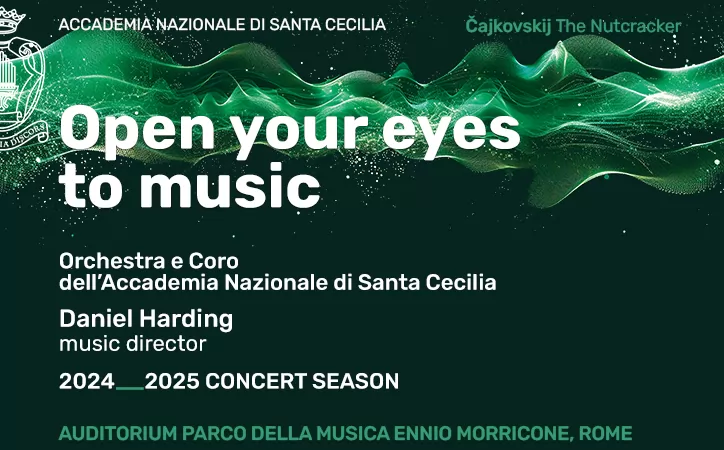Culture minister says Pantheon's seven million visitors should pay.
Italian culture minister Dario Franceschini has raised the prospect of an entry fee to Rome's Pantheon, which welcomed seven million visitors in 2016, making it Italy's most visited monument.
Franceschini stressed that the “moderate” entry charge would go towards the maintenance and management costs of the ancient monument, and could be introduced by the end of the current parliamentary term in February 2018.
As a place of worship, visiting the Pantheon is currently free in line with the custom of the Rome vicariate which does not charge entry fees for churches. The introduction of visitor fees would require the approval of the city’s diocesan authorities, with whom the culture ministry has “good relations” according to Franceschini.
The minister also said that 20 per cent of the revenue from Pantheon ticket sales would be allocated to a “national museum solidarity fund.”
Franceschini made his proposal on 11 January during the launch of the reorganised Palazzo Barberini and Galleria Corsini which will be managed jointly and autonomously under ongoing reforms by the Italian culture ministry.
Franceschini's proposal followed his announcement that the Colosseum and surrounding archaeological sites would come under new administration as part of a national park.
The Pantheon
Founded in 27 BC by Marcus Agrippa and dedicated to all the gods of ancient Rome, the Pantheon burnt down in 80 AD. It was then rebuilt by the emperor Hadrian between 120 and 124 AD. The building was converted to a Christian church by Pope Boniface IV in 609 and called the church of St Mary and Martyrs.
The Pantheon has the world’s largest non-reinforced concrete dome, whose height from floor to the oculus, and diameter of the interior circle, is 43.3m. It is also the burial place of 16th-century artist Raphael and two Italian kings, Vittorio Emanuele II and Umberto I, as well as Umberto’s Queen, Margherita.
Although it is still a place of worship (although not often used as such) it comes under the patrimony and management of the ministry of culture.
The monument is open from 09.00 to 19.30.


















